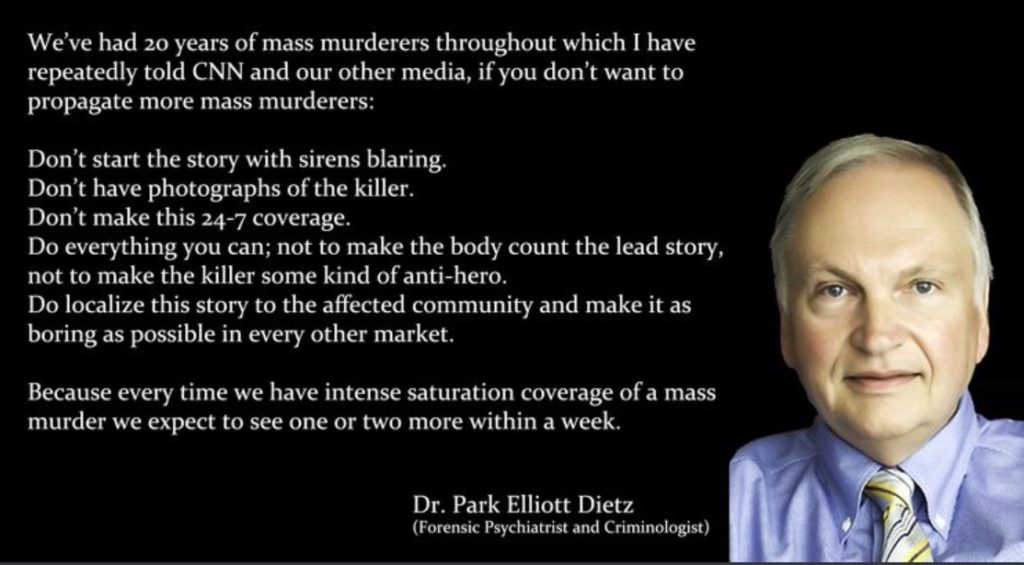Nicholas Thompson and Fred Vogelstein disentangle the last two years in Facebook’s rise, with a particular focus on the way that they have embraced news. As with
Google+, the picture is painted as to how Facebook ‘copied, then crushed’ Twitter and their hold on distributing news:
Back in 2012, the most exciting social network for distributing news online wasn’t Facebook, it was Twitter. The latter’s 140-character posts accelerated the speed at which news could spread, allowing its influence in the news industry to grow much faster than Facebook’s. “Twitter was this massive, massive threat,” says a former Facebook executive heavily involved in the decision making at the time.
So Zuckerberg pursued a strategy he has often deployed against competitors he cannot buy: He copied, then crushed. He adjusted Facebook’s News Feed to fully incorporate news (despite its name, the feed was originally tilted toward personal news) and adjusted the product so that it showed author bylines and headlines. Then Facebook’s emissaries fanned out to talk with journalists and explain how to best reach readers through the platform.
The catch with this change is that it is merely a focus on being THE platform. This therefore meant overlooking the multitude of complexities associated with ‘news’:
Facebook hired few journalists and spent little time discussing the big questions that bedevil the media industry. What is fair? What is a fact? How do you signal the difference between news, analysis, satire, and opinion? Facebook has long seemed to think it has immunity from those debates because it is just a technology company—one that has built a “platform for all ideas.”
The problem with this stance, to “never favour one kind of news”, is that “neutrality is a choice in itself.” This choice is one that can then be cajoled and manipulated:
While Facebook grappled internally with what it was becoming—a company that dominated media but didn’t want to be a media company—Donald Trump’s presidential campaign staff faced no such confusion. To them Facebook’s use was obvious. Twitter was a tool for communicating directly with supporters and yelling at the media. Facebook was the way to run the most effective direct-marketing political operation in history.
In response to Trump’s use, the purchasing of ads and criticism for people such as Tristan Harris, Zuckerberg set out this year to right the wrongs:
One of the many things Zuckerberg seemed not to grasp when he wrote his manifesto was that his platform had empowered an enemy far more sophisticated than Macedonian teenagers and assorted low-rent purveyors of bull.
Ironically, he has now turned to the community to work as curators.
…
Along with investigations into the links between Facebook funding and research, these posts help highlight the tangled mess that we have gotten ourselves into.

